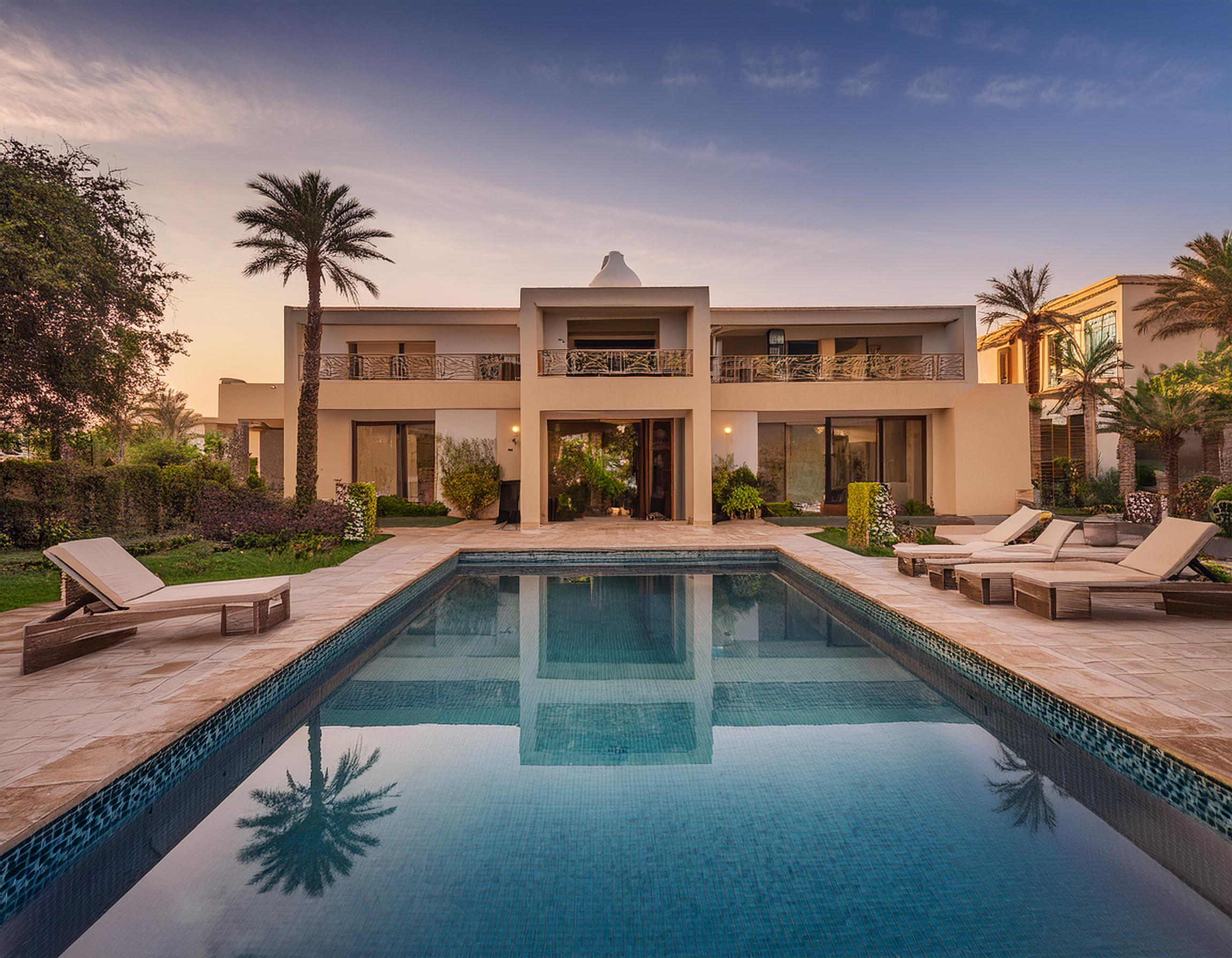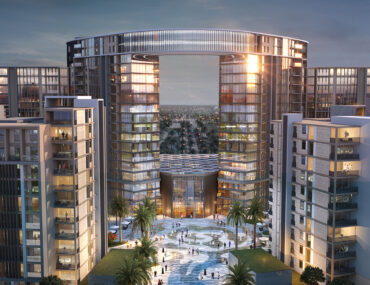Artificial Intelligence (AI) is transforming industries around the world, and architecture in Egypt is no exception. The integration of AI into the architectural landscape is ushering in a new era of design, construction, and urban planning. We’re here to explore how AI is being utilized in architecture in Egypt, its benefits, and its future potential.
AI in Architectural Design
Traditionally, architectural design has been a manual process, relying heavily on the creativity and expertise of architects. However, AI is changing this by introducing advanced tools that can assist architects in creating innovative and efficient designs. In Egypt, AI-driven software is being used to:
- Generate Design Options: AI algorithms can analyze vast amounts of data and generate multiple design options based on specific criteria such as space utilization, aesthetics, and environmental factors. This allows architects to explore a wider range of possibilities and choose the best one.
- Optimize Building Factors: AI can optimize building layouts to maximize natural light, ventilation, and energy efficiency. By simulating different scenarios, AI helps architects create more sustainable and cost-effective designs.
- Personalize Designs: AI can analyze individual preferences and lifestyle needs to create personalized living spaces. This is particularly useful in residential projects where the demand for customized homes is growing.
AI in Construction
This construction phase in architectural projects also benefits significantly from AI. In Egypt, AI is being applied in several ways to improve efficiency and reduce costs:
- Project Management: AI-powered project management tools can track progress, predict delays, and optimize resource allocation. This ensures that projects stay on schedule and within budget.
- Robotic Construction: AI-driven robots are being used for tasks such as bricklaying, concrete pouring, and even intricate decorative work. These robots can work faster and more accurately than human workers, reducing construction time and minimizing errors.
- Safety Monitoring: AI systems equipped with cameras and sensors can monitor construction sites for potential hazards. They can detect unsafe practices and alert supervisors, enhancing worker safety and reducing accidents.
AI in Urban Planning
Urban planning is a complex process that involves designing the layout of cities and towns to accommodate growth while maintaining quality of life. AI is playing a crucial role in urban planning in Egypt by:
- Analyzing Data: AI can process large datasets, including population growth, traffic patterns, and environmental factors, to make informed decisions about urban development. This helps planners create cities that are efficient, sustainable, and liveable.
- Predicting Trends: AI can predict future trends in urban development, such as where the population growth will occur or how traffic patterns will change. This allows planners to design infrastructure that can accommodate future needs.
The Future of AI in Architecture in Egypt
The future of AI in architecture in Egypt looks promising. As technology continues to advance, its applications in architecture will become ever more sophisticated. Here are some potential future developments:
- Smart Cities: AI will play a key role in the development of smart cities in Egypt. These cities will use AI to manage resources efficiently, reduce energy consumption, and improve the quality of life for residents.
- Sustainable Architecture: AI will continue to drive sustainable architectural practices by optimizing designs for energy efficiency and reducing waste during construction.
- Virtual Reality (VR) and Augmented Reality (AR): AI combined with VR and AR technologies will allow architects and clients to visualize and interact with designs in a virtual space. This will enhance collaboration and ensure that the final product meets expectations.
- AI-Driven Creativity: AI will increasingly be used as a creative partner for architects. By analyzing historical design trends and incorporating new data, AI can inspire innovative and unique architectural solutions.
The integration of AI into architecture is revolutionizing the industry in Egypt. From design and construction to urban planning, AI is enhancing efficiency, sustainability, and creativity. As AI technology continues to evolve, its impact on architecture will only grow, shaping the future of Egypt’s built environment. Embracing AI in architecture is not just about staying current with technological trends, but also about creating better, smarter, and more sustainable spaces for future generations.



